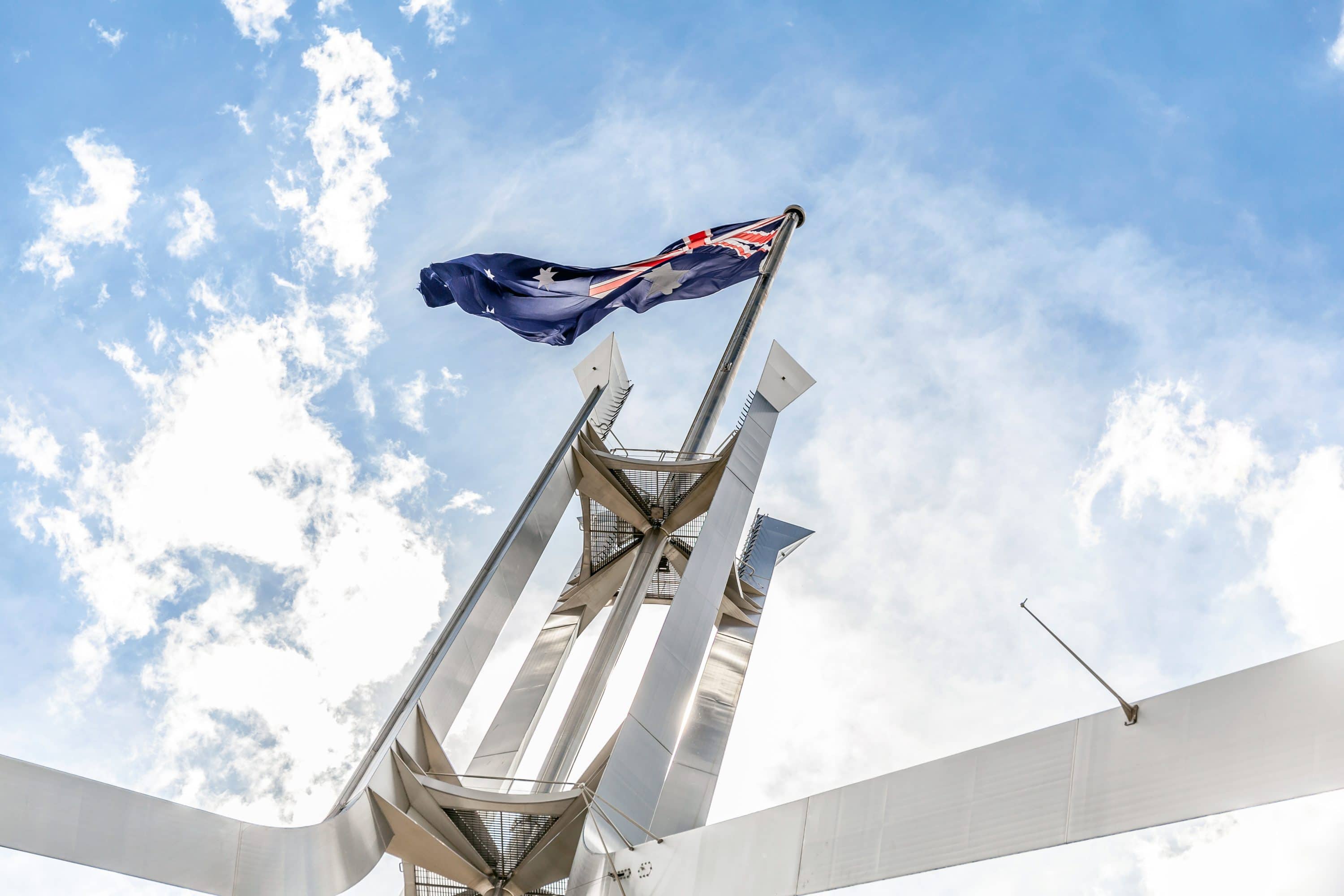
The Federal Government’s cashless debit card was a welfare policy trialled with the intention of encouraging socially responsible behaviour, focusing on increasing grocery shopping and reducing gambling, illegal drug use and crime.
But seven years after the first trial began in two remote communities, the policy was abolished by the newly elected Anthony Albanese-led Labor Government.
The move was preceded by ongoing controversy, a series of Senate inquiries and amid strong research evidence that it had failed in its purpose.
In particular, the policy was criticised for targeting Indigenous Australians, stigmatising users and making welfare recipients worse off.
Monash Business School’s Dr Luke Greenacre, in collaboration with colleagues around Australia, spent years investigating its performance.
In the end, his research showing the policy was expensive and largely ineffective contributed to the cashless debit card trial being ended.
“My research focuses on how people use money and how different modes of payment change how people interact with money,” Dr Greenacre says.
“In spite of its various limitations and the moral questions around the cashless debit card policy, we wanted to find out if it did have either a positive or negative effect on those targeted outcomes.”
Always controversial
Brought in by the Coalition government in 2016, the cashless debit card was first trialled in the remote communities of Ceduna and East Kimberley, before being extended into other regions.
The card has faced extensive criticism for targeting Indigenous Australians and for forcing all welfare recipients onto the scheme regardless of there being any individual need for this type of assistance.
Communities across Australia protested against the trial of the mandatory income scheme in their areas and several senate enquiries have been conducted into the cashless card.
Some 80 percent of a participant’s income support and welfare payments would be compulsorily paid through the card.
The card prevented cash withdrawals and could not be used to purchase gambling or alcohol products. The remaining 20 percent of the participant’s payment would be paid into a regular bank account without restrictions.
One of the many challenges of the card was that the evaluation processes for the trial were not well articulated.
This problem was highlighted by the Australian National Audit Office, which conducts independent reporting into a range of government activities on behalf of the Auditor General. It described monitoring and evaluation as “inadequate”.
“As a consequence, it is difficult to conclude whether there had been a reduction in social harm and whether the card was a lower cost welfare quarantining approach,” a 2018 report said.
Following the evidence
Working with colleagues Dr Skye Akbar from the University of South Australia, Associate Professor Julie Brimblecombe from the Department of Nutrition, Dietetics and Food at Monash University and Dr Emma McMahon from the Menzies School of Health research at Royal Darwin Hospital, Dr Greenacre turned to the data.
First, the research team obtained sales data from grocery stores in one of the trial areas, as well as control stores in a nearby community.
“All in all, our results were not showing much change in behaviour. Only in one community did store sales go up, but that increase was driven by increases in purchases of unhealthy foods, likely harming life outcomes for people; hardly the outcomes sought from the card,” he says.
The team also compared crime data, hospital presentations and gambling data from poker machines.
None of these showed any changes when the cashless debit card was introduced. “When we examined the data from the Government’s own agencies it became clear that the data did not support the efficacy of the cashless debit card,” Dr Greenacre says.
Rather than being cost-effective, estimates placed the administration and other costs of the cashless debit card policy at $10,000 per person.
“People on low incomes and those on welfare can be, and often, already are smart with their money.”
As the federal election loomed last year, both the Labor party and the Greens relied on the team’s research results in their policy documents, and ultimately it was a Labor-led government that ended the trial of the cashless debit card.
“This policy was expensive and, based on our analysis, ineffective. This is not to say that some people don’t need additional support and help, but we need that support and help to be effective,” he says.
Wasted resources
Dr Greenacre says in the end the cashless debit card failed on multiple levels.
“It was built a lot on hope and biases – hope that the biases would be true,” he says.
“People on low incomes and those on welfare can be, and often, already are smart with their money. Restricting how they can shop often makes their life harder, not easier. And only a small percentage of people receiving welfare payment experience problems with addiction.”
Dr Greenacre says that policies that are generally targeted “waste a lot of resources on people that don’t need them”.
“Focusing policy specifically on those with a need for help, and responding in a manner that is most helpful to that specific person or people is the best approach for most social issues,” he says.
“Cashless welfare may work for some households and some communities, but it had little to no effect on the majority of people.”
Dr Greenacre plans to continue to monitor the after-effects of the divisive policy.
“The policy did not have any large effects while the trial was ongoing, but will it affect people’s behaviour once it is withdrawn?” he says.
“We will keep looking at the data to get a complete picture of the journey, but it’s too early to tell.”


